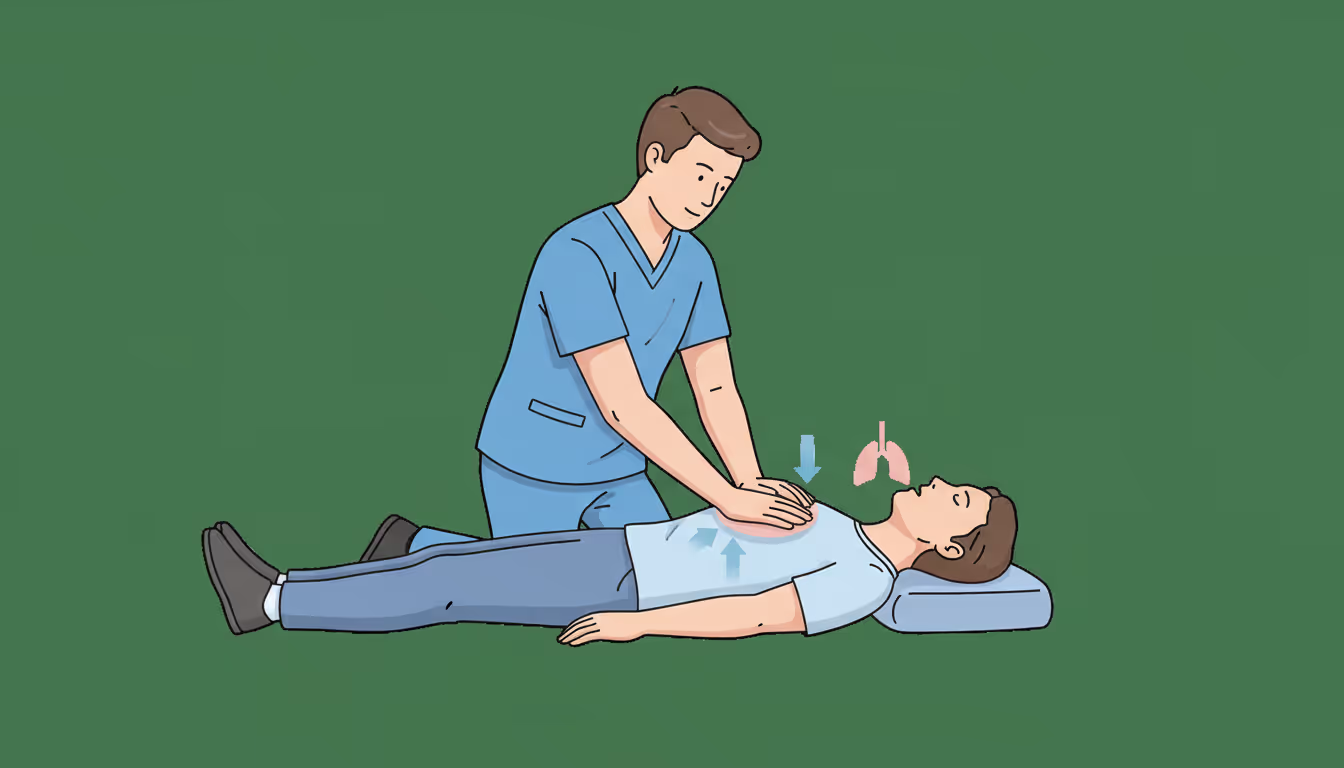
Chemotherapy:1. Initially, the term referred to a chemical that targets and eliminates microbes or cancer cells. Paul Ehrlich (1854-1915) originally coined this term.2. Today, it is a form of drug treatment for cancer, often abbreviated simply as "chemo." The majority of chemotherapy drugs are administered intravenously (IV) or intramuscularly (IM), though some can be taken orally. Chemotherapy typically acts systemically, circulating through the bloodstream to reach almost every part of the body.For patients requiring multiple sessions of IV chemotherapy, the medication may be delivered through a catheter, a thin flexible tube. One end of the catheter is inserted into a large vein in the chest, with the other end either outside the body or connected to a small device under the skin. The anticancer drugs are administered through this catheter.Chemotherapy is usually scheduled in cycles, alternating between treatment and recovery periods. Patients often receive chemotherapy as outpatients at a hospital, doctor's office, clinic, or even at home. However, depending on the specific drugs used and the patient's overall health, a short hospital stay might be necessary.The side effects of chemotherapy primarily depend on the specific drugs and doses administered. Most anticancer drugs target rapidly dividing cells, which include blood cells responsible for fighting infection, clotting, and oxygen transport. When these cells are affected, patients are more susceptible to infections, may bruise or bleed easily, and might experience fatigue. The cells lining the digestive tract also divide quickly, leading to side effects such as appetite loss, nausea, vomiting, hair loss, and mouth sores. Medications can often be prescribed to alleviate side effects like nausea and vomiting, and these symptoms generally subside during recovery or after treatment concludes.Hair loss is a significant concern for many undergoing chemotherapy. Some drugs cause hair to thin, while others may result in total hair loss. Patients might feel better if they plan for this possibility before starting treatment.Chemotherapy can also impact fertility in both men and women, potentially causing temporary or permanent infertility, influenced by the drugs used and the patient's age. Men may consider sperm banking before treatment, while women might experience a halt in menstrual cycles, hot flashes, and vaginal dryness. Younger women are more likely to see their periods return.In certain situations, bone marrow transplantation and peripheral stem cell support are employed to restore blood cell production that chemotherapy and/or radiation have compromised.




